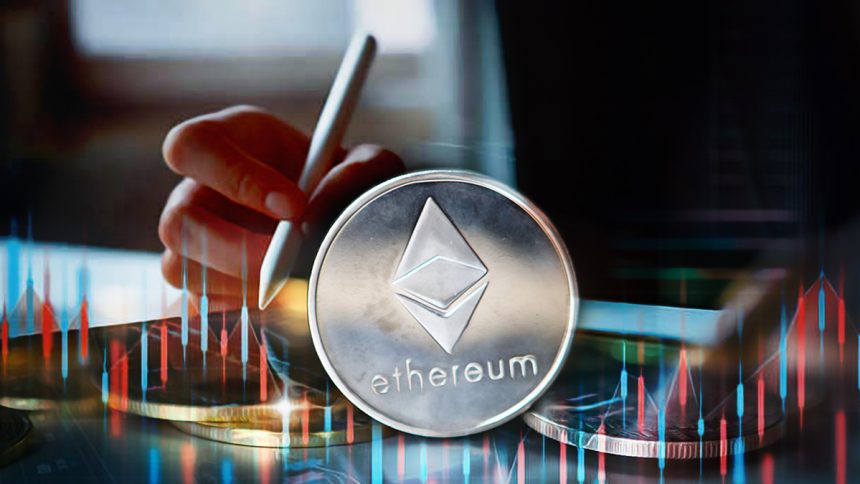Ethereum $2,099.27 Developers encountered critical errors during the Pectra upgrade on the Sepolia test network. A code error in the warehouse contract led to the wrong type of transaction trigger and then the production of empty blocks. The problem has become even more complex with the exploitation of an account that transfers zero token in accordance with the ERC-20 standard. The team managed to stabilize the network with the special filtering mechanism that it was commissioned quickly.
The source and effects of technical error
The Pectra update, which was initiated on the morning of 5 March, revealed an unexpected error with the warehouse contract triggered the “storage” incident instead of the transfer process. This caused inconsistencies in the processing pools and the knots to produce empty blocks. Developer Marius van der Wijden said that they thought the error was caused by reliable verifiers in the first investigations, but the real source is a new account.
While the system continued to process faulty operations, the synchronization between the nodes on the network was broken. Increased empty blocks negatively affected the transaction approval time. The team recalled that similar problems had previously experienced in the Houlesky test network, and announced that the test processes before the update will be revised.
On a single screen instant prices, important data, news, latest developments, comments and discussions at Chat! Come right away from your eyes!
Abuse triggered by zero token transfer
In the complexity of the error, the ERC-20 standard allowed zero token transfer. A user sent a large number of transactions that interact with the warehouse contract using this gap. Developers found that the attacker probably used an account funded from the taps in the test network. Marius van der Wijden said that they focused on the possibility that the attacker may have followed the communication channels.
In order to solve the problem, the team has automatically filtering the transactions that interact with the warehouse agreement. Most of the nodes were updated until 14:00 and the network returned to normal functioning. The Ethereum team stressed that they will tighten the test processes in order to avoid similar problems in the main network.
Responsibility Rejection: The information contained in this article does not contain investment advice. Investors should be aware that crypto currencies carry high volatility and thus risk and carry out their operations in line with their own research.









